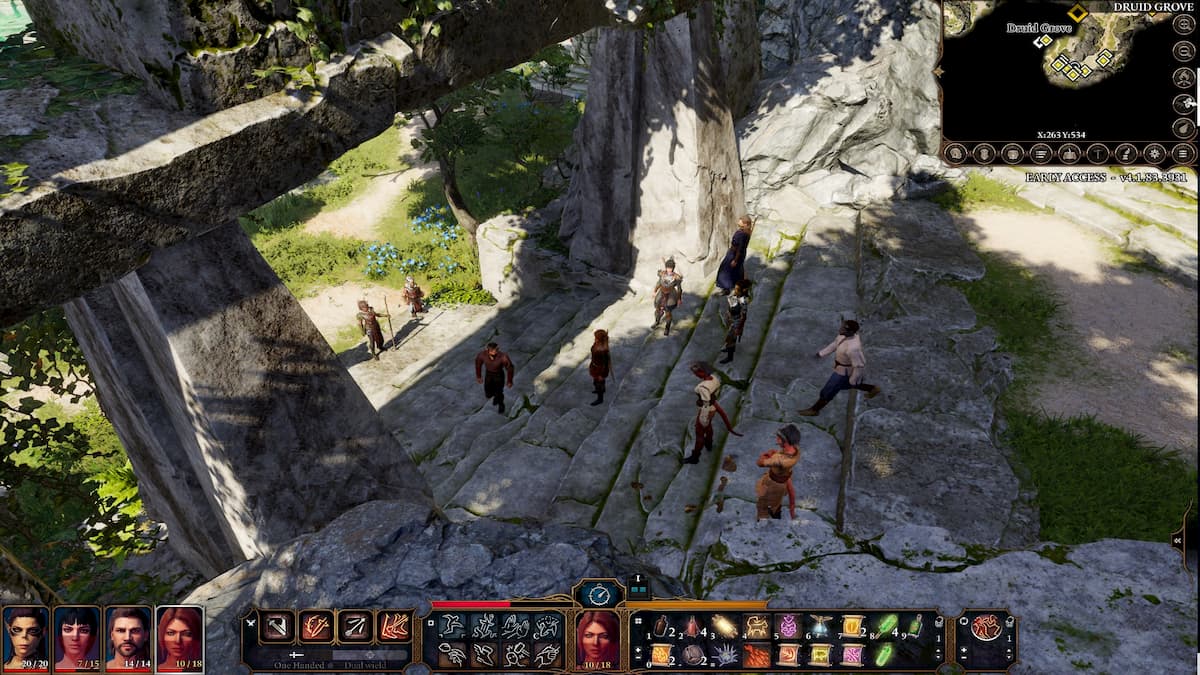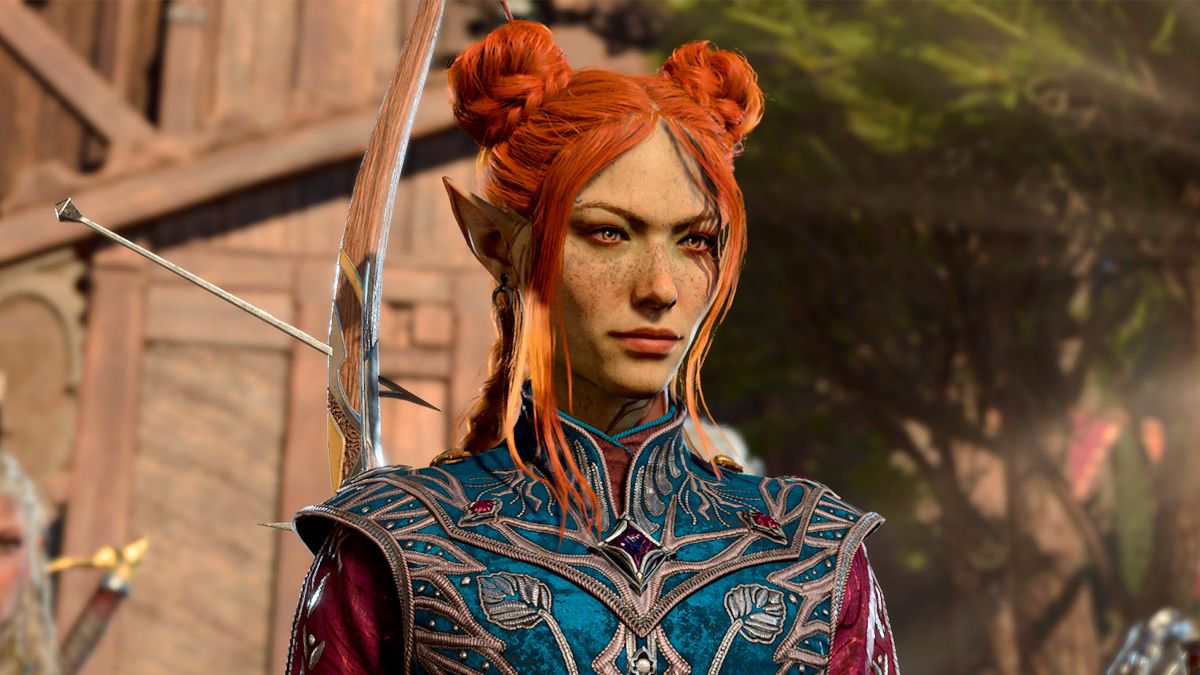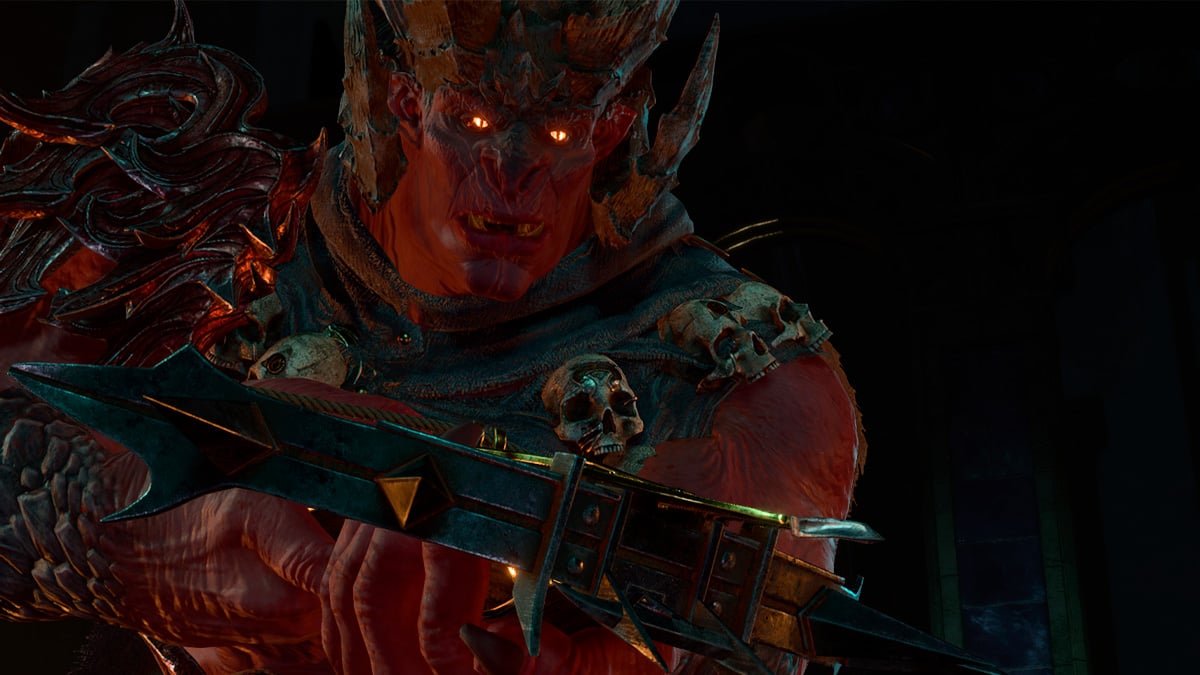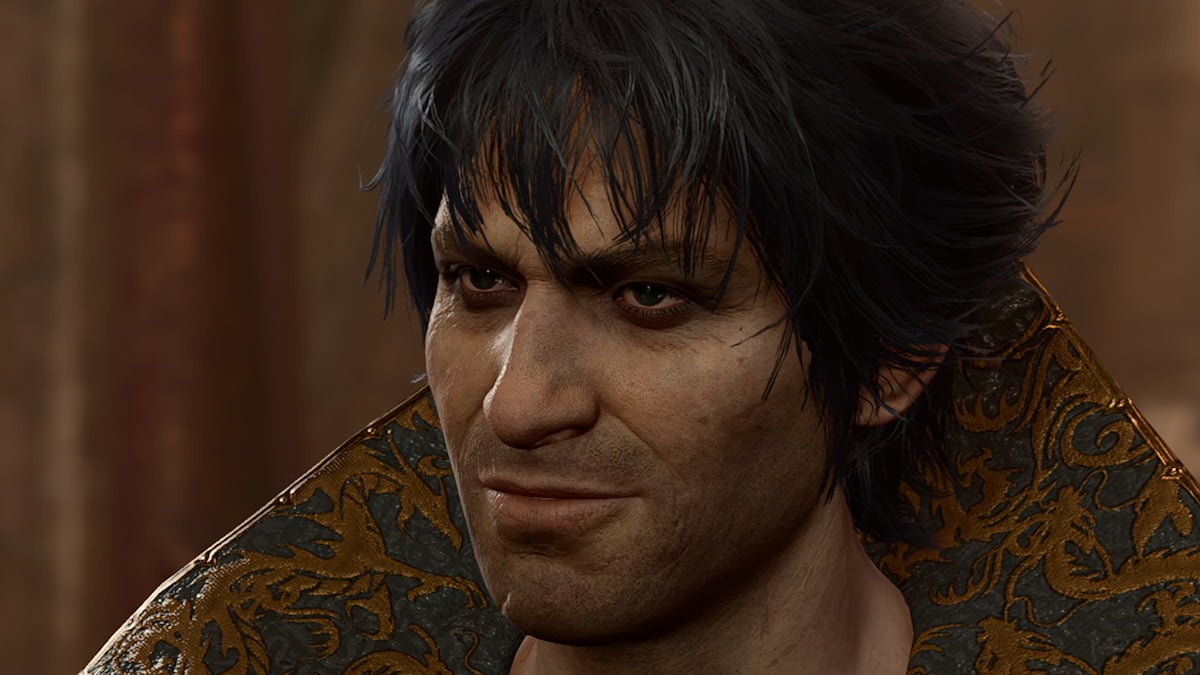Walking around in Baldur’s Gate 3 might not seem like a challenging part of the game, but every step can completely change the situation thanks to passive skill checks. These are part of a background system that’s always lurking in the background, waiting to trip players up and ruin their day.
Every time a player slips in grease or gets trapped by vines, they’ve failed a passive skill check, but it’s a little unclear how to keep track of them. This guide explains what passive skill checks are in BG3 and how they work so players don’t get caught out too often.
Related: Baldur’s Gate 3: How to Prepare Spells in BG3
What are Passive Skill Checks in Baldur’s Gate 3 & How do They Work?

Passive skill checks in Baldur’s Gate 3 are part of a system that takes a character’s skill in Dexterity, Strength, or another stat, and checks it in the background against the number required to avoid a trap, slip, or something else based on the environment.
A great example of passive skill checks is when a character sees a trap or notices the origins of a religious shrine. They can see the trap and know the facts about a shrine because they’ve passed a skill check passively in the background.
The great thing about passive skill checks is that they occur for every party member. This means that if one character fails to notice a trap, another could still pass it and highlight said trap for everyone. When a character has passed or failed a passive skill check, an icon and text for that check will appear over their head.
Party members will say something when they pass a passive skill check, alerting the party to something or adding flavor to the situation by highlighting something in the environment. This information can help flesh out locations and add context to environments that may help players learn what enemies to expect.
These checks can also reveal secrets or hidden passages, opening up new opportunities. On the other hand, the checks can be failed and hide all of those opportunities just as easily. It totally depends on each party character’s skill level.
Why are Passive Skill Checks Important in Baldur’s Gate 3?

The reason passive skill checks are important in Baldur’s Gate 3 is that they reveal information that’s often vital. We recommend stopping and listening or reading what a character has to say every time they pass a passive skill check. What they say could impact how players want to prepare for potential future fights or whether they want to explore somewhere else before returning to a location due to traps or high-level enemies waiting to ambush them.







Published: Aug 10, 2023 11:20 am